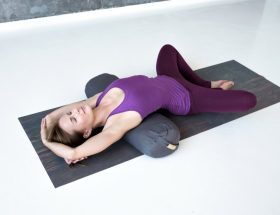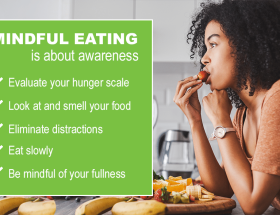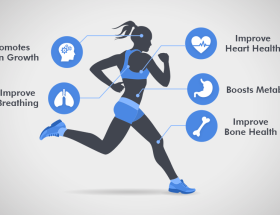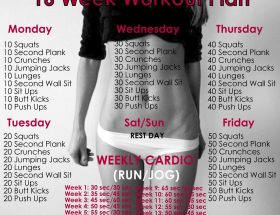Modern life is filled with constant pressure and stress. From demanding jobs to hectic schedules, it is no wonder that so many individuals are seeking methods to alleviate stress. One highly effective technique that has gained significant popularity in recent years is meditation.
Meditation: A Powerful Tool
Meditation, an ancient practice that has been around for centuries, has been proven to be a powerful tool for stress reduction and mental clarity. This practice involves focusing one’s mind to achieve a mentally clear and emotionally calm state. Regular meditation offers a wide range of benefits that can positively impact both physical and mental well-being.
The Benefits of Meditation
1. Stress Reduction
One of the primary reasons people turn to meditation is to reduce stress. Studies have shown that meditation triggers the relaxation response in the body, lowering blood pressure and reducing the production of stress hormones such as cortisol. Regular meditation practice can lead to a calmer, more relaxed state of being, helping individuals better cope with daily challenges.
2. Mental Clarity
Meditation can help sharpen focus and improve mental clarity. By training the mind to stay in the present moment, individuals can experience enhanced concentration and improved cognitive function. This can lead to increased productivity, better decision-making skills, and improved overall mental performance.
3. Emotional Well-being
Meditation is known to promote emotional well-being by reducing anxiety, depression, and negative emotions. It helps individuals cultivate a sense of inner peace, leading to greater overall happiness and contentment. Regular meditation practice can also improve self-awareness and promote a positive outlook on life.
4. Physical Health Benefits
Aside from mental and emotional well-being, meditation has numerous physical health benefits. It has been linked to reduced pain levels, improved sleep quality, strengthened immune function, and even lower risk of heart disease. Meditation also helps individuals develop healthier habits, such as adopting a balanced diet and engaging in regular exercise.
Incorporating Meditation into Your Routine
Now that you understand the benefits, you may be wondering how to incorporate meditation into your daily routine. Fortunately, meditation can be practiced by anyone, regardless of age, physical ability, or religious beliefs. Here are a few steps to help you get started:
1. Find a Quiet Space
Choose a quiet and comfortable space in your home where you can meditate without interruptions. Clear this area of any distractions, such as electronic devices or clutter.
2. Get Comfortable
Sit in a comfortable position, either on a cushion or a chair. Keep your back straight and rest your hands gently on your lap.
3. Set a Timer
Set a timer for your desired meditation duration. Beginners may start with just 5-10 minutes and gradually increase the time as they become more accustomed to the practice.
4. Focus on Your Breath
Close your eyes and take a few deep breaths, allowing yourself to relax. Focus your attention on the sensation of your breath as it goes in and out. Whenever your mind wanders, gently bring your focus back to your breath.
5. Practice Mindfulness
As you continue to breathe, try to cultivate a sense of mindfulness. Be aware of your thoughts and emotions without judgment. Notice any sensations or sounds around you, but don’t become attached to them.
6. End with Gratitude
After your desired meditation time has passed, take a moment to express gratitude for this moment of peace and self-care. Slowly open your eyes, stretch, and carry the calmness with you throughout your day.
Conclusion
Meditation is a powerful practice that offers numerous benefits for stress reduction and mental clarity. By incorporating meditation into your routine, you can improve your overall well-being and enhance your ability to cope with the challenges of modern life. So, set aside a few minutes each day to embrace the power of meditation and experience the positive impact it can have on your mind, body, and soul.








